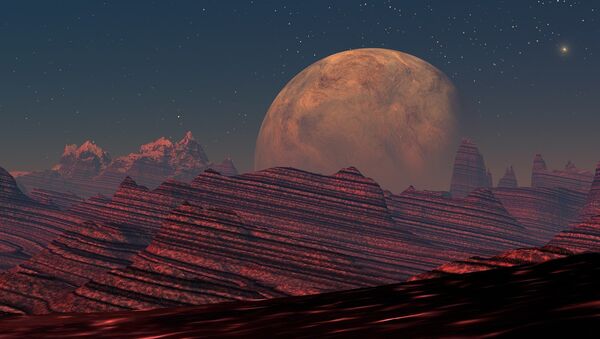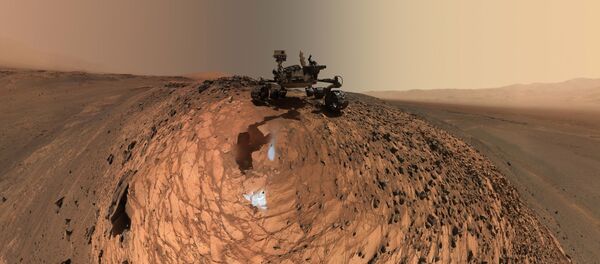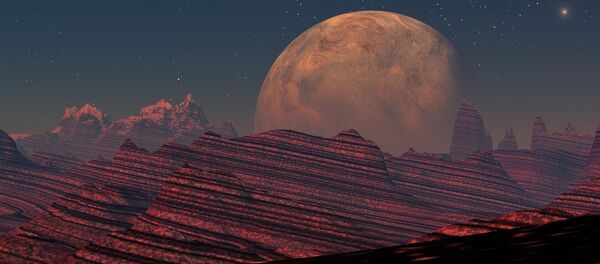It seems potatoes won’t exactly be as easy to grow as Matt Damon, America’s favorite Boston-based actor, made it seem like in “The Martian” a few years ago … but hey, it was a movie after all.
Perchlorates occur naturally on Earth, and can also be man-made. They were found in abundance on Mars during a 2008 mission recorded by NASA’s Phoenix Lander.
In their study, the researchers were hoping to see if perchlorates, after being activated via high temperatures, could be used as a potential energy source for bacteria on Mars, so, you know, things could actually grow.
So while the soul-crushing analysis left both experts concluding that the Red Planet was "more uninhabitable than previously thought," they haven’t given up hope that life could still thrive.
Just because perchlorates killed the bacteria cultures after the UV lights were flicked on, it doesn’t quite mean that they’d kill any form of life, Wadsworth and Cockell pointed out in their study.
"If we want to find life on Mars, we have to take this into consideration and look at trying to find sub-surface life that wouldn’t be exposed to these conditions," Wadsworth told AFP.
Despite the bad news, the one good outlook that came from the study is the comforting notion that if Earth bacteria were to land on Mars during a future manned-mission, it would, at least, not contaminate the environment.
For the time being, it seems Bowie’s question will remain unanswered.



